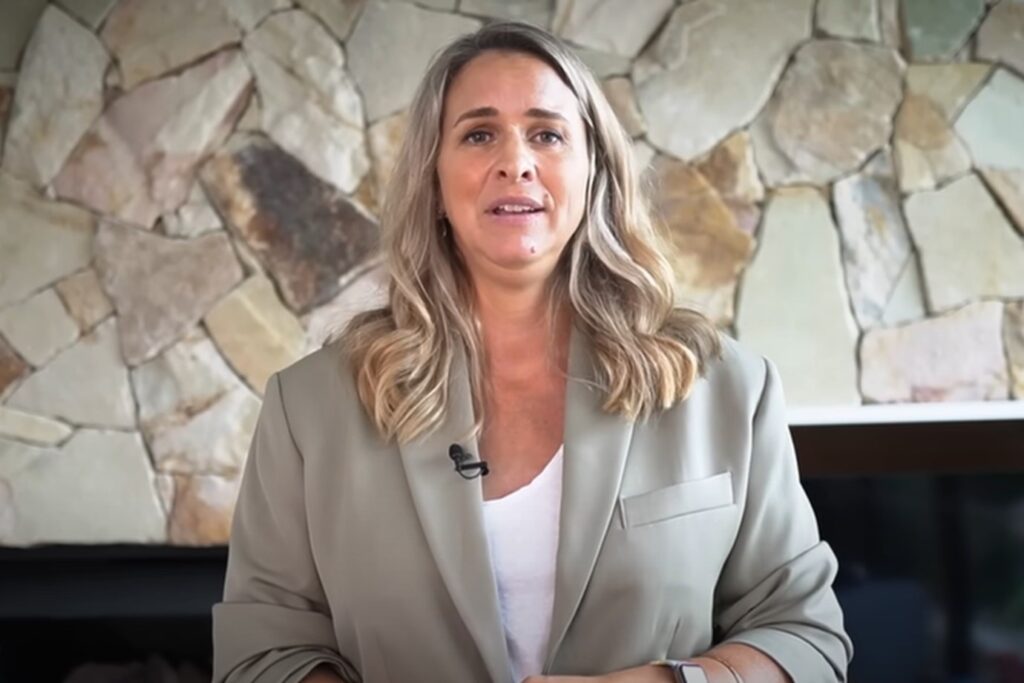Olympic swimming champion, entrepreneur and social changemaker Libby Trickett says there’s a problem with the way we speak to girls and women athletes about their bodies.
“From a very early age and before you hit puberty– if you’re playing sport, people seem to feel that this gives them a licence to talk about a female athlete’s body,” says Trickett. “In any other context, having adults talk about the bodies of young girls would be completely inappropriate.”
With the 2032 Olympics headed to Brisbane, Trickett has added to the body image conversation in a powerful TEDx Talk, saying there seems “no better time” to talk about it.
Having collected 24 gold medals on the international stage, Trickett speaks from personal experience when she says that being an elite athlete “can deliver you the highest of highs” but that doesn’t come without the negative effects of body scrutiny, particularly prevalent for women and girls in sport.
“Much of the good I have in my life, including my career opportunities, my income, so many of my lifelong friendships and memories, and even my entire family have come from my time as an elite athlete. It’s the reason that I am the person that I am today,” she says.
“But there’s also a dark side to being an athlete,” she says, noting that during her training, she was frequently subjected to conversations about her body that were not healthy or helpful.
She said that in these conversations, she was always “the subject and not part of it”.
“Of course this applies generally to all genders but it becomes dramatically harder for girls and women who need to balance out the desire to hone their bodies into instruments of high performance victory with the desire to feel seen as beautiful– and beautiful through the lens of the ever critical and incredibly vocal societal expectations of what girls and women ‘should’ look like.”
Trickett remembers being measured with body mass-index tests and skin-fold tests– both of which came with comments from coaches that made her feel ashamed of her body.
Citing the research around the effects of body commentary, Trickett says athletes, particularly female athletes are three times more likely to have a diagnosed eating disorder than non-athletes.
“Research also shows that girls are three times less likely to reach physical activity guidelines. Boys and men are twice as likely to participate in sport as girls. And less than 25 per cent of girls stay in organised sport past the age of 12,” she says.
As a mother of three young girls herself, Trickett emphasises that this is “not okay”, and that girls are being pushed out of sport because of the judgement and shame that society subjects them to about their bodies.
“Given the incredible scrutiny we’ve placed them under and the fact that to participate in sport, is to inadvertently solicit–without consent or invitation– commentary about their bodies, how can anyone be surprised by those statistics?”
Calling for change, Trickett says that “international sporting bodies need to establish a mandated course that all coaches must undertake before they can coach girls and women athletes to reduce body commentary”.
The course should “provide them with the right message and the right words to use before they can talk to girls, teenagers and women athletes about their bodies,” she says.
And to those out there already coaching girls and women athletes, Trickett tells them to “remember that your athlete is a human first and a high performance vehicle second”.


